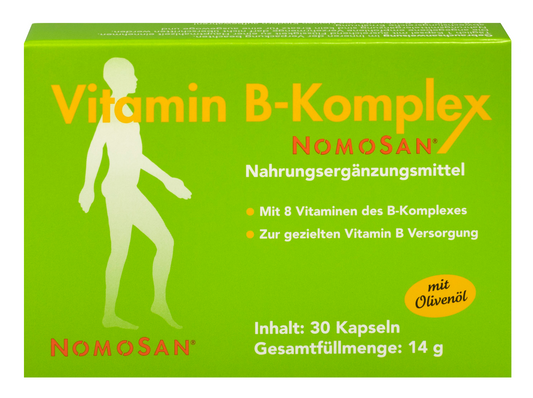A recent study by José M Alvarez-Suarez et al. (2014) in the Journal of Nutritional Biochemistry investigated the effects of daily strawberry consumption on cardiovascular risk factors, markers of oxidative stress and platelet activation in healthy volunteers.
Study design and methodology
Participants consumed 500 g of strawberries daily for one month. At baseline, after 30 days and 15 days after the end of the study, various parameters such as plasma lipid profile, circulating and cellular markers of antioxidant status, oxidative stress markers and platelet function were measured.
Results of the study
Improvement of lipid profile
Consumption of strawberries resulted in a significant reduction in:
- Total cholesterol (-8.78%)
- LDL cholesterol (-13.72%)
- Triglycerides (-20.80%)
- HDL cholesterol levels remained unchanged.
Reduction of oxidative stress markers
The strawberry treatment significantly reduced the values of:
- Malondialdehyde in serum (-31.40%)
- 8-OHdG in urine (-29.67%)
- Isoprostanes (-27.90%)
Increase in antioxidant capacity
After consuming strawberries, the total antioxidant capacity of plasma increased significantly, as measured by:
- Ferric reducing ability of plasma (FRAP)
- Oxygen radical absorbance capacity (ORAC)
- Vitamin C levels (+24.97%, +41.18%, +41.36%)
Reduction of hemolysis
Spontaneous and oxidative hemolysis were significantly reduced (-31.7% and -39.03%).
Reduction of platelet activation
The number of activated platelets decreased significantly compared to baseline and after the washout period.
Conclusion
Daily strawberry consumption improves plasma lipid profile, markers of antioxidant status, defense against hemolysis and platelet function in healthy individuals. These results suggest that strawberries may be a valuable supplement for reducing cardiovascular risk. Further research is needed to confirm these benefits in individuals at higher risk for cardiovascular disease.
discussion of the results
The results of the study clearly show that strawberries are not only a tasty addition to the diet, but also offer significant health benefits. The significant reduction in total cholesterol, LDL cholesterol and triglycerides suggests that strawberries may help reduce the risk of cardiovascular disease. In particular, the reduction in LDL cholesterol, known as "bad" cholesterol, is notable because high LDL levels are associated with an increased risk of atherosclerosis and heart attack.
Increased antioxidant capacity and reduction in oxidative stress markers are other important results. Oxidative stress plays a crucial role in the development of chronic diseases, including heart disease and cancer. By increasing antioxidant capacity, the body can better fight free radicals and prevent cell damage.
The reduction in hemolysis and platelet activation shows that strawberries also promote blood health. Activated platelets and hemolysis can lead to various health problems, including blood clots and anemia. The fact that these effects were reduced after consuming strawberries highlights the potential of these fruits to promote overall health.
Keywords
- Cardiovascular risk
- cholesterol
- LDL cholesterol
- Platelet activation
- Strawberry consumption
- Triglyceride
Source reference
Alvarez-Suarez, JM, et al. (2014). One-month strawberry-rich anthocyanin supplementation ameliorates cardiovascular risk, oxidative stress markers and platelet activation in humans. Journal of Nutritional Biochemistry. DOI: 10.1016/j.jnutbio.2013.11.008
Additional information
Learn more about the health benefits of strawberries and how they can help reduce cardiovascular risks. Read the full study by José M Alvarez-Suarez et al. (2014) in the Journal of Nutritional Biochemistry: Link to study .
More blog posts
- Anthocyanins and eye health: new findings
- Therapeutic effects of anthocyanins on vision and eye health
Stay healthy and enjoy the benefits of a strawberry-rich diet!

